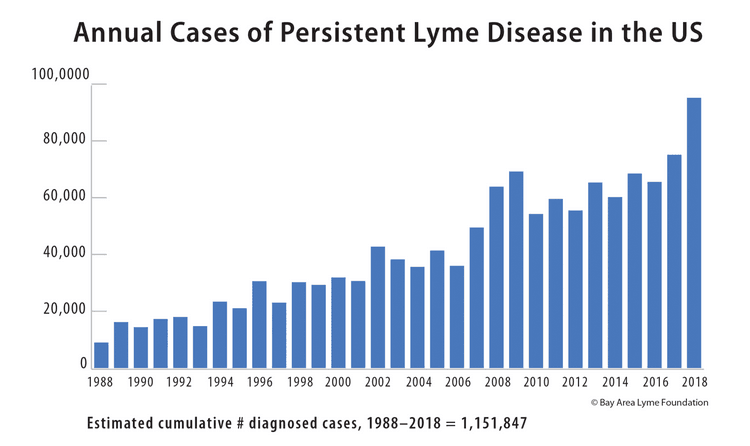During Lyme Disease Awareness Month, we at R.E.D. Laboratories are committed to sharing new scientific findings to advance our understanding of this complex disease. In line with this mission, we would like to highlight a recent study funded by the Bay Area Lyme Foundation, conducted at Stanford University and UCSF. This research discovered a groundbreaking new immune evasion strategy used by Borrelia burgdorferi, the bacterium causing Lyme disease.
A specific Borrelia protein, P66, was identified as acting as a "don't eat me" signal to the immune system. This valuable insight explains how the bacteria may persist in the body, representing a significant finding in the field. This discovery provides new direction for potential future treatments, particularly those aimed at addressing this immune evasion to help patients more efficiently eradicate the infection.
It's through scientific advancements like these that we continue to improve our understanding of Lyme disease and enhance our ability to diagnose, treat, and eventually cure this often debilitating illness.





